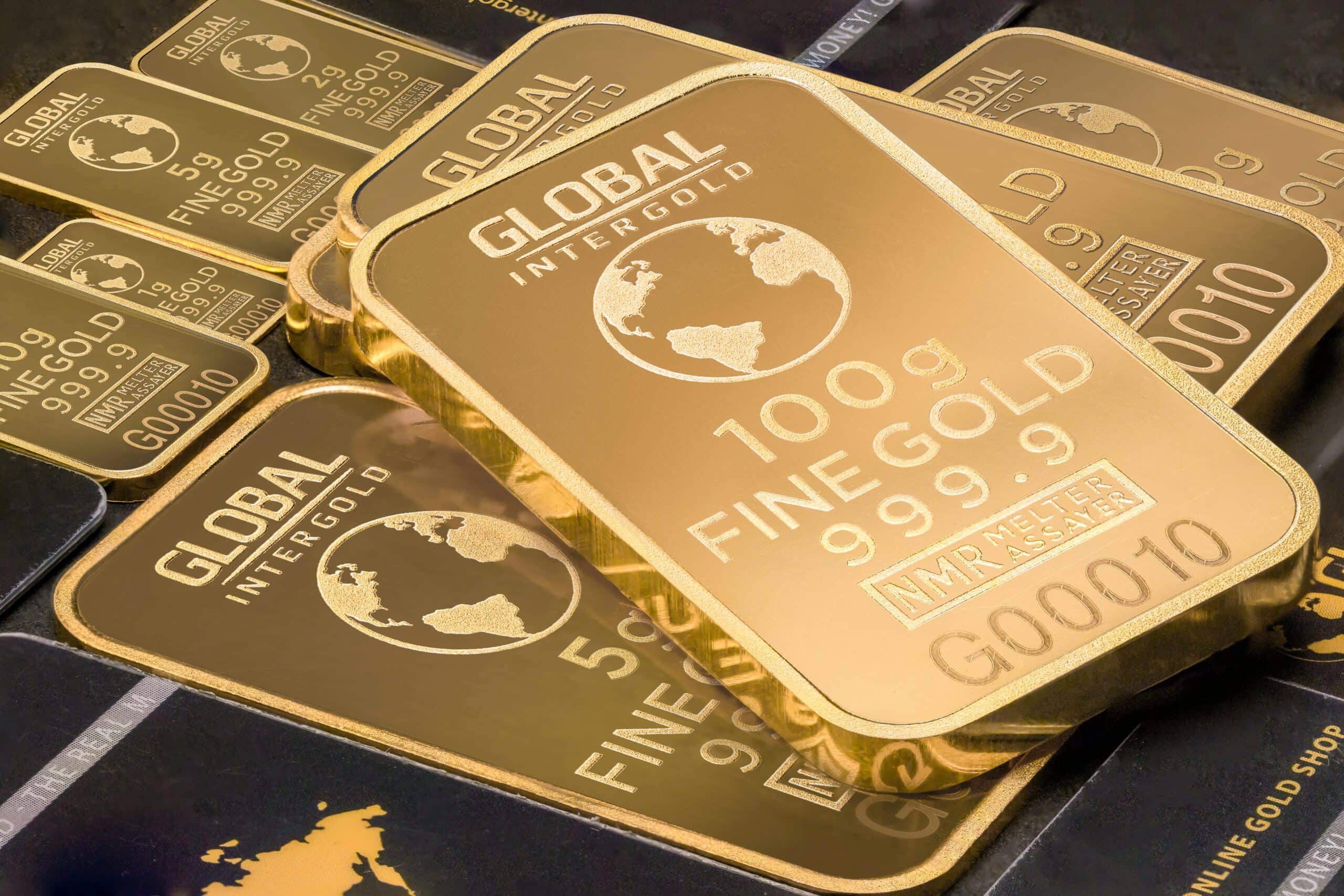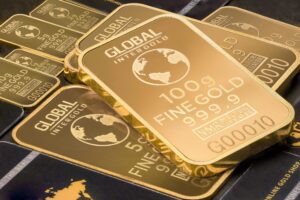
Introduction
The outcome of a United States presidential election can significantly impact global financial markets, particularly the commodities market. Gold, in particular, often experiences price fluctuations due to economic and political developments. Understanding the election’s impact on gold prices is crucial for investors and stakeholders. The policies of a Republican or Democratic administration can directly influence the price of gold through their effects on economic conditions, monetary policy, and international relations. For those holding assets such as scrap gold, deciding when to sell—before or after the election—requires careful consideration of these potential impacts.
Economic Policies: Election Impact on Gold Prices
Republican administrations typically focus on reducing government intervention, lowering taxes, and cutting spending. These policies often lead to lower inflation, which can decrease gold prices. Investors tend to buy gold as a hedge against inflation, so less inflation means less demand for gold. Additionally, if tax cuts and austerity measures succeed in boosting economic growth, the US dollar might strengthen. A stronger dollar usually makes gold more expensive for other currency holders, potentially reducing demand and lowering prices.
In contrast, Democratic administrations often increase government spending on social programmes and infrastructure. This approach can lead to higher borrowing and larger deficits. When the economy is near full employment, these factors might create inflationary pressures. In response, the Federal Reserve might keep interest rates low to support fiscal policies, weakening the dollar and making gold more attractive as an investment. As a result, inflation under a Democratic administration might push gold prices higher.
Political Stability and Regulatory Environment
Political stability plays a significant role in the commodities markets, particularly in the election impact on gold prices. Republican administrations tend to favour deregulation, especially in the energy sector. This approach can lead to greater market volatility, but it might also attract investment, leading to economic growth and a stronger dollar. A stronger dollar could, in turn, lower gold prices.
Democratic administrations are more likely to impose stricter regulations, especially regarding the environment and consumer protection. While this could create long-term market stability, short-term uncertainty and potential increased costs for businesses might drive investors towards gold, raising its price.
International Relations and Global Markets: Election Impact on Gold Prices
International relations, shaped by the policies of Republican and Democratic administrations, can also affect commodities markets, particularly gold prices. Republican administrations might adopt protectionist policies, such as trade tariffs, leading to trade wars. Such disruptions can increase demand for gold as a safe-haven asset during times of geopolitical risk.
Democratic administrations, on the other hand, might pursue multilateralism and international cooperation. This approach could stabilise the global economy, reducing the need for safe-haven assets such as gold. However, if such policies weaken the US’s global position or increase global instability, gold prices might rise as investors seek protection from potential shocks.
Market Sentiment and Timing Asset Sales: Considering the Election Impact on Gold Prices
Timing the sale of assets such as scrap gold around a US presidential election requires understanding the election’s impact on gold prices. Before the election, markets often experience uncertainty, which can drive up gold prices as investors seek protection from potential volatility. This period might present an opportunity to sell at higher prices, especially if the election outcome is expected to bring significant policy changes.
If the election results are clear and the market expects policies that foster economic growth and stability, gold prices might stabilise or decrease after the election. In such a case, holding onto scrap gold until after the election could result in lower returns.
However, if the election is contested or results in a divided government, policy gridlock might keep uncertainty high. This prolonged uncertainty could maintain or increase gold prices, making it beneficial to delay selling scrap gold until after the election.
Strategic Considerations for Investors: Assessing the Election Impact on Gold Prices
Investors should consider the likely policies of the incoming administration and their potential impact on the economy and global markets when deciding whether to sell scrap gold before or after the election. Those expecting a Republican win might anticipate lower inflation and a stronger dollar, which could decrease gold prices. Selling gold before the election might then be the optimal strategy to mitigate the impact.
If a Democratic win seems likely, with policies that could increase spending and inflation, holding onto gold until after the election might be more advantageous, as gold prices could rise.
Investors should also closely monitor the geopolitical environment. A Republican administration might pursue more confrontational international policies, increasing global instability and boosting gold prices. Conversely, a Democratic administration might favour diplomacy, which could reduce geopolitical tensions and lower gold prices.
Conclusion
The US presidential election can significantly impact commodities markets, particularly gold prices. Republican and Democratic administrations have differing economic, political, and international policies, leading to varying market conditions that influence gold prices. Understanding the election’s impact on gold prices is essential for investors making decisions about assets such as scrap gold. By analysing these factors, investors can make more informed choices and optimise their returns amidst political and economic uncertainty.
